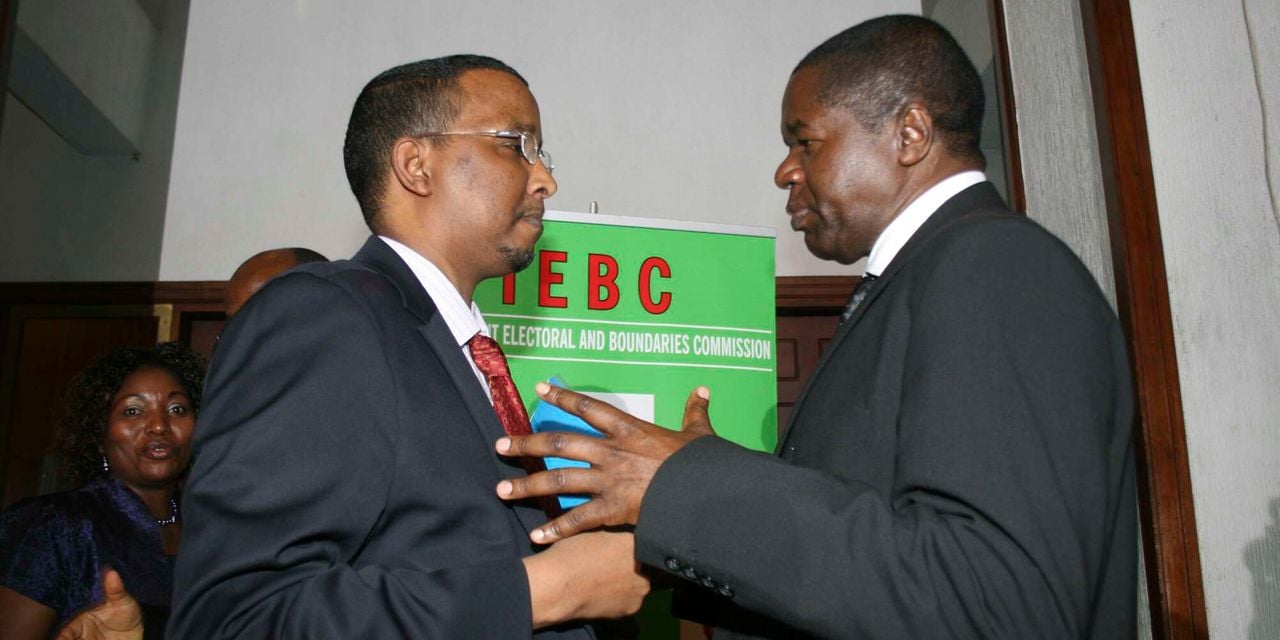The former Independent Electoral and Boundaries Commission chairman Ahmed Issack Hassan has detailed in his just released memoir Referee of a Dirty, Ugly Game the drama behind the scenes of running the IIEC and how he had to fight both internal and external forces that were rocking the commission.
In his continuing serialization of the book, Hassan narrates how the commission’s CEO James Oswago fought him from the inside, leaking secrets of the commission to the press, he described him as an ODM sympathizer. He describes how they burst his bubble and the decision to sack him as the CEO before being saved by ODM leader and by then the Prime Minister.
Below is an excerpt from the book.
The commission received an invitation to travel to the Philippines to study a new electoral system that they had introduced. The International Foundation for Electoral Systems (IFES) funded the five-day trip for a few members of the commission. Mike Yard, an expert in election administration and technology, was the IFES country director for Kenya at the time. He worked closely with us in the journey to reforms in our electoral process. IFES had been involved in Kenya since 1992, contributing to the evolution of a more independent and stronger electoral management body, and helping to promote cohesive and non-violent elections.
They assisted with logistical planning, training, voter education and electoral technology. Two days before we travelled, my personal assistant, Noor Awadh, came into my office holding a document. She looked perturbed and visibly shaken. She explained that it had probably been accidentally or unintentionally forwarded to her by Oswago’s personal assistant, Allan Odongo.
“Chairman, you need to have a look at this, this is not good at all,” she said.
After reading through the document, I called (Davis) Chirchir, (Ken) Nyaundi and Winnie (Guchu) and showed it to them. They were adversely mentioned in the email trail. It was a dossier on the IIEC, casting aspersions on the integrity of the commissioners and raising the profile of the CEO as the main person behind the success of the electoral body.
The document alleged that I was employing relatives while Winnie was accused of nepotism, seeking publicity and supposedly controlling me. We decided that we needed to get to the bottom of the matter discreetly. Chirchir and I were preparing to travel to the Philippines.
We agreed to cancel the trip and investigate the matter, so we did not show up at the airport on the day we were to travel. Oswago and three other members of staff we were to travel with probably thought we were running late and would be joining them, so they proceeded to board the plane on the morning of the flight.
We summoned Allan to a meeting so he could explain the contents of the documents we were holding. Though looking shocked, he refused to talk and denied having anything to do with it. He claimed that he was not the source, and that he had no clue where it came from.
The particular article linked to the contents we found in Allan’s computer had been published by a Mr. Boaz Gikonyo in The Star newspaper on 2nd August, 2011, and was titled ‘Tribalism, Nepotism are rife at IIEC’. The commissioners had been perturbed by this article as it seemed to lean towards a smear campaign against us.
We decided to investigate the matter further. This article was among the documents found in Allan’s laptop, word for word. It was a shocking discovery for all of us. I was particularly offended by the allegation of nepotism against me.
Not only was it false, but I had actually removed my brother from the shortlist for the position of the manager, Voter Education, which he was qualified for. This even created bad blood between us, as he complained to my mother.
We found other write-ups in his laptop, which were probably waiting to be published in the newspaper. Allan was adamant and refused to co-operate on the matter. We informed him that we would confiscate his office laptop. We called in staff from the IT, Risk and Compliance department to scan through it. They discovered that he had deleted all the related information from the computer, which only left us with the hard copy we had printed. He tried to defend himself, but we knew he was involved in something sinister. We decided to carry out a forensic audit on the laptop, which took the staff the whole day. Allan realised he was in deep trouble when the IT team came back in the evening, at about 6pm, with a comprehensive report after retrieving information that had been deleted from the laptop.
They showed us the trail of other articles we had been reading about the commission in the newspapers, particularly those that were written by Boaz Gikonyo. We could see a number of other documents whose source was unknown, including the dates they had been edited, with the trail leading back to Allan. It was unbelievably bizarre that he still denied culpability, even after he was confronted with all the evidence. Interestingly, Nzibo firmly stood by his side and told us that we could not take any action on him as yet, until we probed the matter further. The commission decided to suspend him on the spot until we could deal with the issue and with his boss. We called for a press conference and disclosed the information we had just discovered that day.
Meanwhile, Oswago found out that we were not on the plane, and thereafter he got wind of what had transpired. He called me while still attending the training sessions in the Philippines. I informed him that we were going to sack him, as we had discovered what he and his PA had been up to.
“Oh no, Chairman, please wait,” he said. “Let me get back, I need to explain this to you.”
In panic, he immediately cut short the trip after the first two days. He was full of apologies when we eventually met. As annoying as it was, he displayed the same traits as his PA—denying any involvement in the dossier we had discovered.
“Please Chairman, it was not me. Please give me a little bit more time to investigate my PA and get to the bottom of this thing,” he begged.
I let him know that the commission was not going to be taken for a ride and that he should just admit he was guilty. Many of the documents we discovered contained detailed information about commission meetings we had convened, with him in attendance. The exact timelines when I adjourned the meetings to attend prayers, or at the end of the day were captured, as well as the discussions we had in the meeting. There was no way an outsider could have been the source of these details, and I informed him as much. The evidence pointed at him, as there were mentions of particular conversations by the commissioners.
The commissioners were also fed up, and they were in agreement that he should be sacked, though three of them were still against it. These were Nzibo, (Simiyu Abuid) Wasike and (Douglas)Mwashigadi. Nzibo was a former civil servant, and his wife, Dr. Sally Kosgei, was the ODM Member of Parliament for Aldai Constituency, and a minister in the coalition government.
As part of the needful strategic considerations in a coalition government, I called the Permanent Secretary to the Prime Minister, Dr. Mohammed Isahakiah, to let him know that we were about to sack Oswago. He advised that I should first see the Prime Minister before proceeding with this decision, and I made an appointment to meet him. The PA to the Prime Minister, Major Idriss Abdirahman, also reached out to me and told me to be cautious on the matter. The concern of the two was that Oswago was the only ‘Luo’ face in the top leadership of the commission. When I finally had the Prime Minister’s audience, I went straight to the point.
“Prime Minister, we have evidence against Oswago and his PA. They have been leaking information to the media, and the commission has decided to sack him,” I said, as I displayed the documents before him. The Prime Minister seemed to be in deep thought. He stood up, walked to the window of his office, and looked outside.
“This is very bad, Chairman, very bad,” he said.
He then made a request that the commission should allow Oswago to stay and not sack him, insisting that he would talk to him. He pointed out that it would be good for him as the Prime Minister if Oswago stayed. He reminded me that the commission needed the support of his office. Being in a coalition government meant that the two coalition partners would be critical in the formation of IEBC, which would take over after IIEC’s two-year term came to an end in November 2011. It was clear from the Constitution that the President would appoint the new commissioners in consultation with the Prime Minister.
Since I was scheduled to travel to Mombasa for a couple of days, I finalised booking for the flight and travelled on the morning the commission meeting was to happen. The IIEC only had a de facto vice chair at the time, so in my absence and that of a vice, no meeting could be convened.
I knew that the blazing tempers against Oswago among the commissioners would have subsided by the following week. Gladys was deeply disappointed by this decision. She told me that I had lost a golden opportunity to sack Oswago while the iron was still hot. She had also hoped to take up the CEO position.
Official laptop
Eventually, we confiscated Oswago’s official laptop and sent him on administrative leave for two weeks as we conducted a forensic audit. We gave the laptop to our staff, who did the same audit as they had on Allan’s machine. It was not a surprise when they retrieved the exact documents and details found in Allan’s laptop, though he had also deleted them.
It was a terribly disconcerting discovery of all the malicious articles against us that we had been reading in the newspapers. The agenda was to paint me and the commission in negative light. This further deepened the wedge in our interactions, as we could no longer trust Oswago. He had perfected the art of gaslighting. He persisted in denying any claim that had been raised against him.
We decided to hand over Oswago’s laptop to the Kenya Anti-Corruption Commission (KACC) whose director at the time was Patrick Lumumba, for a second forensic audit. KACC would be disbanded in September of the same year, 2011, and replaced by the Ethics and Anti-Corruption Commission (EACC). In his written response, Lumumba stated that KACC had found nothing incriminating in the laptop, which was rather unfortunate. We realised that we would make very little headway on the matter, given the response, and agreed to deal with it after being confirmed as commissioners of the IEBC.
We were all hopeful then that the Constitution would be adhered to, which meant there was a high likelihood that the commissioners would retain their jobs. The Constitution gave the IEBC commissioners the prerogative of retaining or discarding the secretariat upon being appointed. Oswago seemed aware that his time at the commission was limited, and knew the incoming commissioners would determine his fate. Interestingly, the leaked dossiers to the media ceased after the culprits were found.
Kenya Insights allows guest blogging, if you want to be published on Kenya’s most authoritative and accurate blog, have an expose, news TIPS, story angles, human interest stories, drop us an email on [email protected] or via Telegram
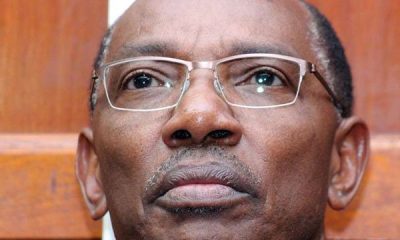
 Investigations2 weeks ago
Investigations2 weeks ago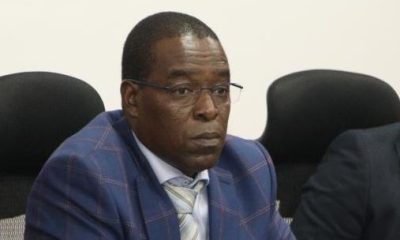
 Investigations2 weeks ago
Investigations2 weeks ago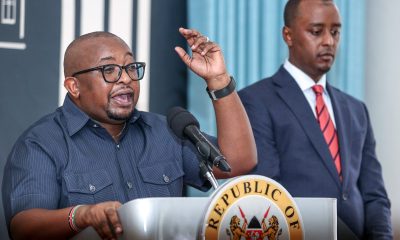
 Investigations2 weeks ago
Investigations2 weeks ago
 Investigations1 day ago
Investigations1 day ago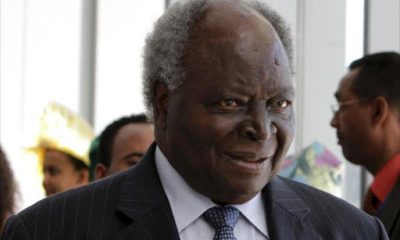
 Investigations2 weeks ago
Investigations2 weeks ago
 Investigations2 weeks ago
Investigations2 weeks ago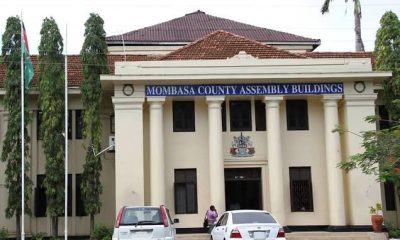
 Investigations2 weeks ago
Investigations2 weeks ago
 Business1 week ago
Business1 week ago
